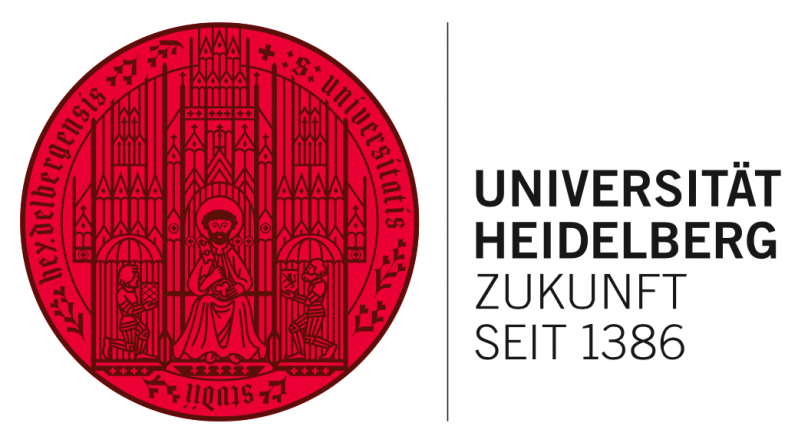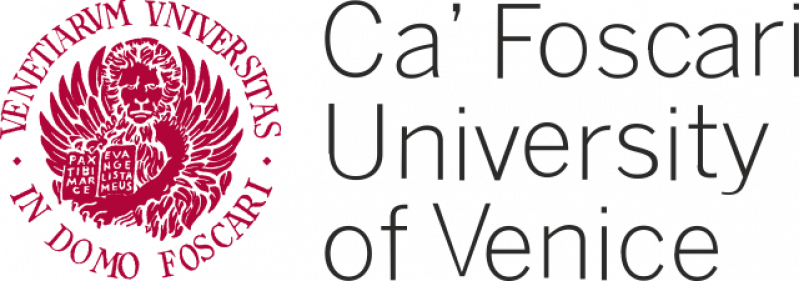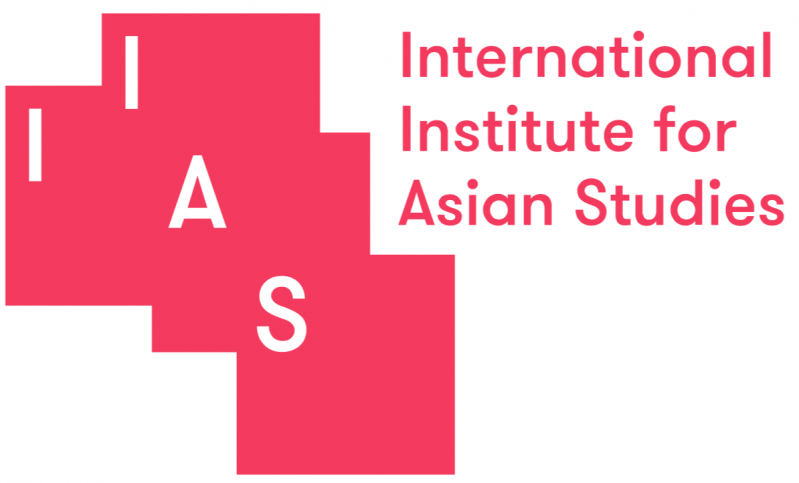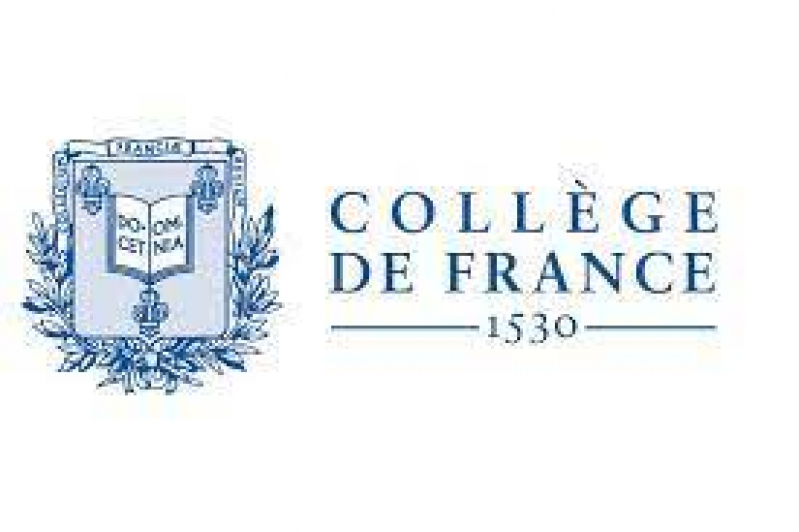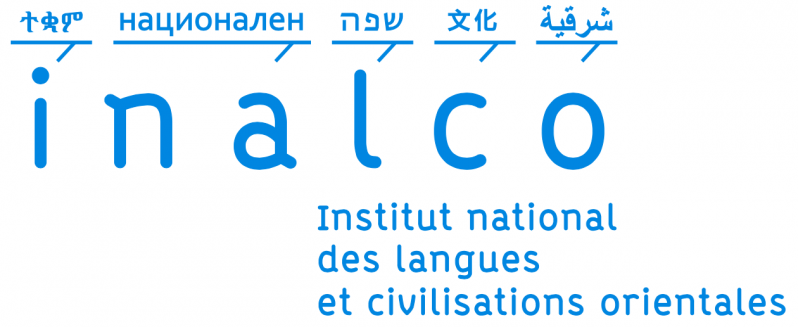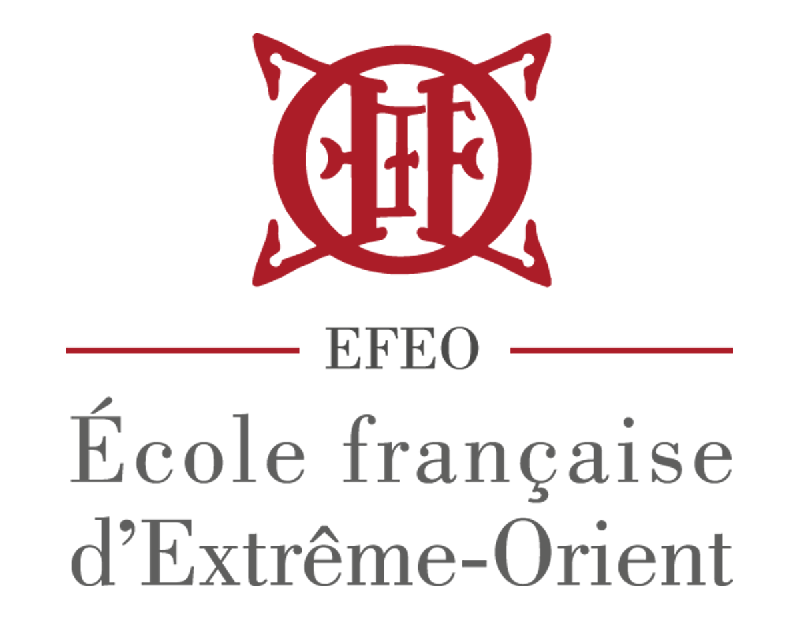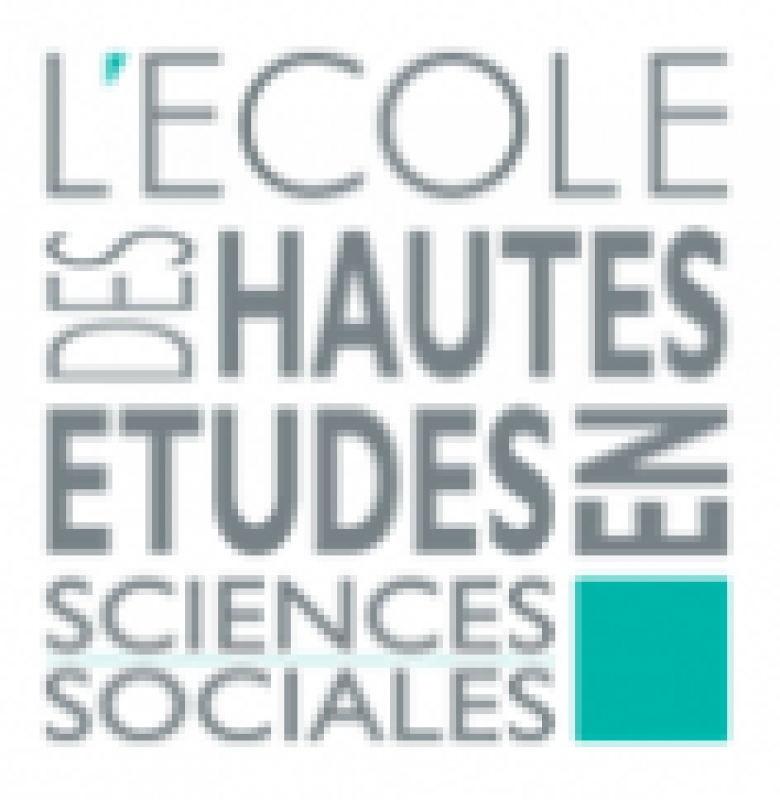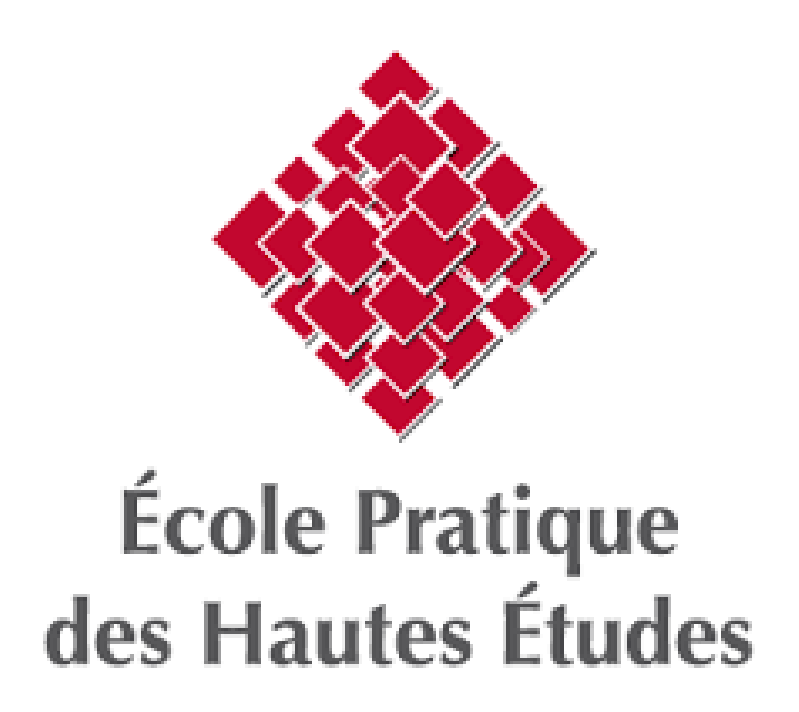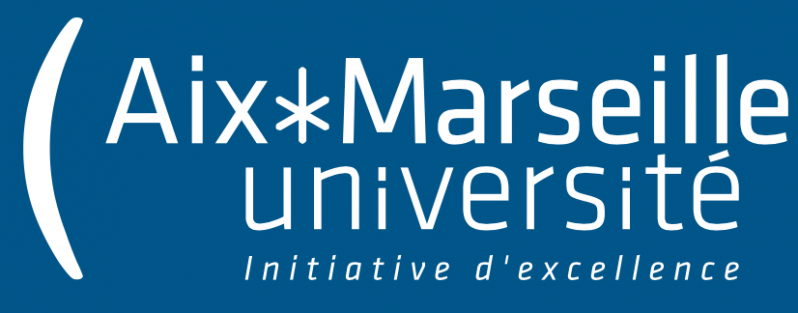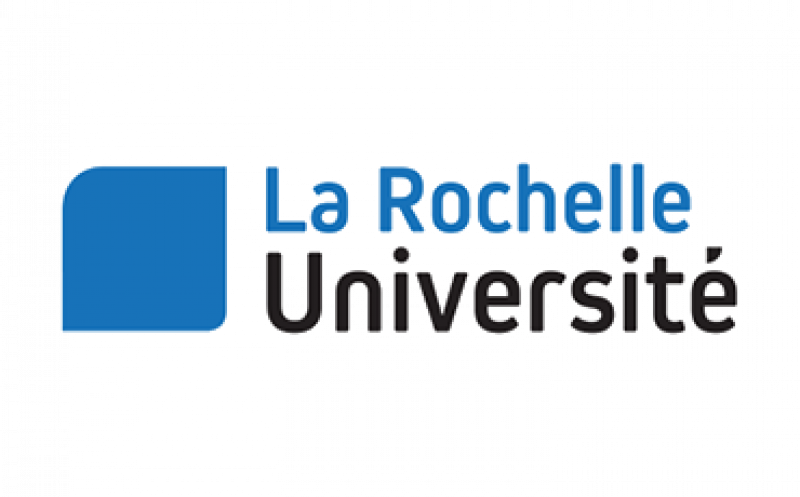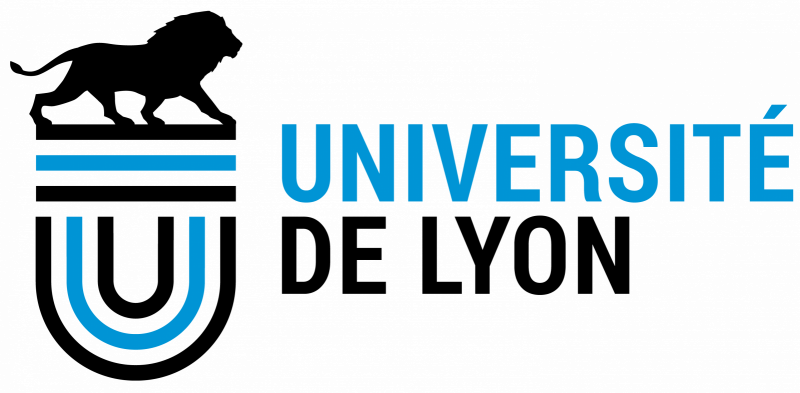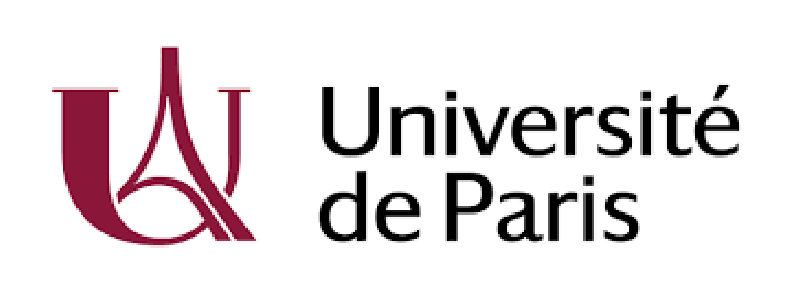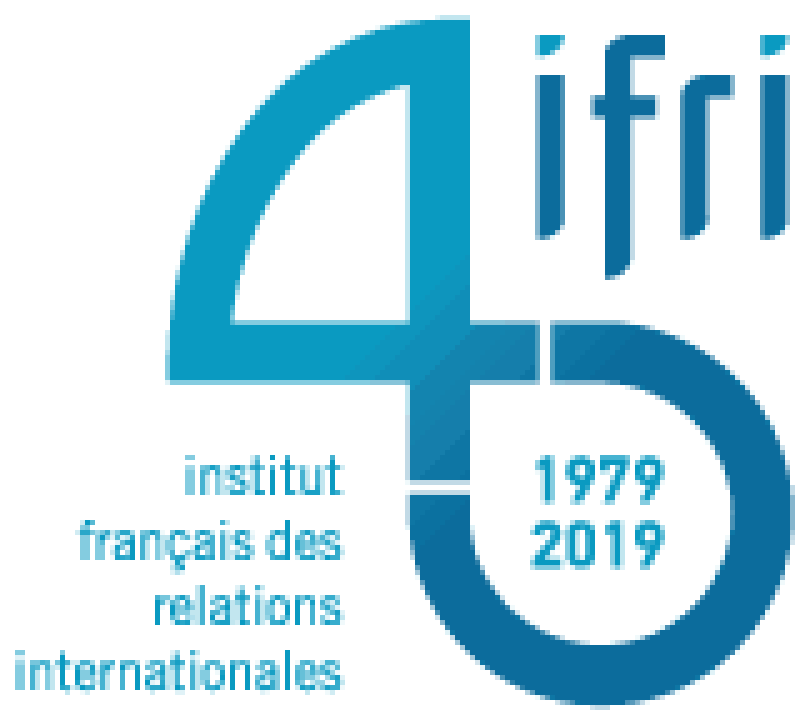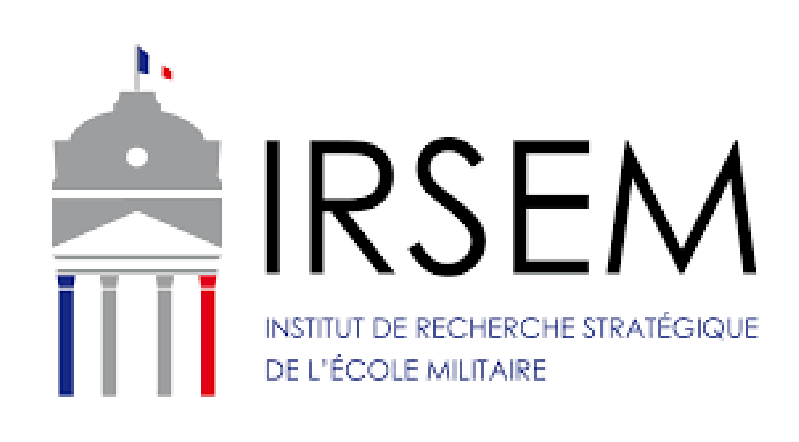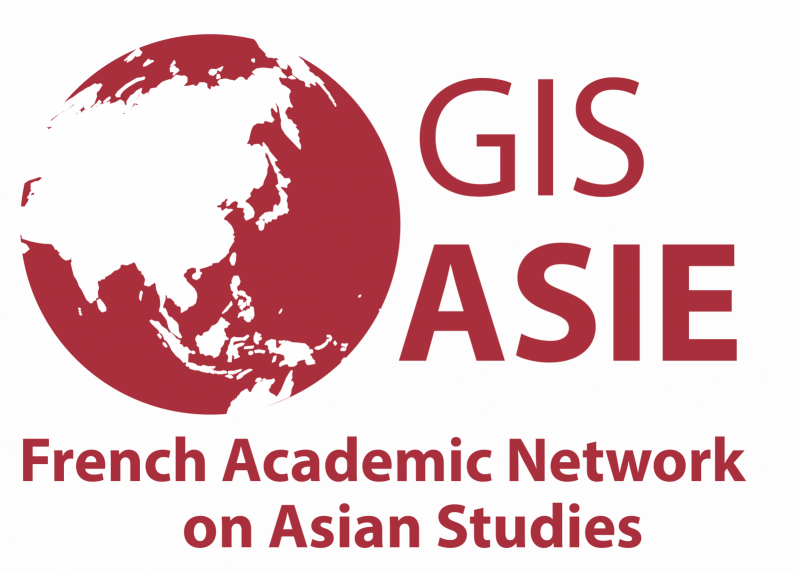Institute
Created at the initiative of President Macron, EURICS aims at deepening the understanding of China’s new directions in all domains. It is an independent institute with an institutional, scientific and financial independence that guarantees the autonomy of its research, analysis and debate. Holding a genuine European dimension, EURICS brings together major players in the field of scientific research and policy studies, by the means of fellowship invitations and joint research activities.
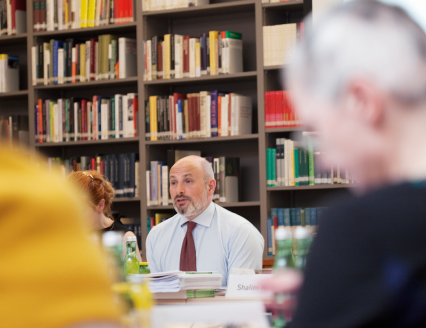
EURICS strongly supports a multidisciplinary research approach, aiming to seize both mechanisms and motivations of the evolutions that marked not only the Chinese culture in its diversity (language, philosophy, religions, literature, arts, etc.), but also the political, economic and societal transformations that shaped China’s long history. Moreover, EURICS promotes research projects on current dynamics such as environmental transition, population ageing, urbanisation, migrations, social inequalities, learning society, cultural change, economic transformations, automation, as well as on China’s international role and China’s place in its regional environment.
Aiming at developing an interpretation capacity of Chinese politics, EURICS supports studies in France and Europe, with a focus on China’s public policies and its international perspective.
Organization
Executive committee 
During the prefiguration phase, the Executive Committee was composed of Prof. Alain Peyraube (CNRS and EHESS), Dr. Olivier Bouin (RFIEA - French Network of Institutes for Advanced Study) and Dr. Sébasdtien Colin (INALCO).
Academic committee 
In France, the institutions members of the Academic Committee are the French National Centre for Scientific Research (Centre national de la Recherche scientifique, CNRS), the French School of Far Easthern Studies (Ecole française d’Extrême-Orient, EFEO), the School of Advanced Studies in the Social Sciences (Ecole des hautes études en sciences sociales, EHESS), the National Institute of Oriental Languages and Civilisations, (Institut national des langues et civilisations orientales, Inalco), Sciences Po, Aix Marseille University (Université d’Aix-Marseille) and the French Academic Network for Asian Studies (Groupement d’intérêt scientifique Etudes asiatiques, GIS Asie, Coordinating institution for France).
For Italy, the coordinating institution is Ca’ Foscari University of Venice.
For the Netherlands, the coordinating institution is the International Institute for Asian Studies of Leiden.
For Germany, the coordinating institution is Heidelberg University.
Additional European partners include the European Association of Chinese Studies and the European Alliance for Asian Studies. Research institutions and think tanks from other countries will be invited to join the Committee.
A scientific council 
A Scientific Council will be created in order to proceed with the fellows’ scientific selection.
Team
Alain Peyraube 
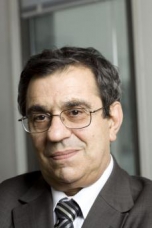
Director, Member of the EURICS’ Executive Committee.
Emeritus director of research at the French National Centre for Scientific Research (CNRS, Paris, France) and Chair professor of Chinese Linguistics at the School for Advanced Studies in Social Sciences (EHESS, Paris).
Honorary Professor at the Peking University since 2007, founding member of the Scientific Council of the European Research Council (ERC) (2005-2013), and Distinguished member of the Chinese Academy of Social Sciences since 2009.
He became a member of the European Academy (Academia Europaea) in 2006, President of its Linguistics Section in 2013, and member of the Board of Trustees in 2016.
As a specialist in Chinese historical syntax and linguistic typology of Sinitic languages, A. Peyraube has authored five books and over two hundred articles on Chinese studies, mostly with respect to Chinese linguistics. His latest research works were developed within a functional and cognitive framework and from a cross-linguistic perspective.
Olivier Bouin 
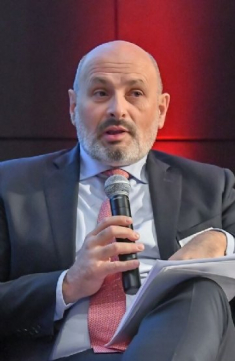
Member of the EURICS’ Executive Committee.
Director of the Foundation-Excellence Laboratory RFIEA “French Network of Institutes for Advanced Study”; Secretary-General of NetIAS, a network of 23 Institutes for Advanced Study in 14 countries in Europe since 2009; Member of the Steering Committee of UBIAS, a global network of 49 “University-based Institutes for Advanced Study” since 2011; founding member and member of the Governing Board of EASSH (European Alliance for Social Sciences and Humanities) since 2019, responsible for European and International Affairs at Alliance Athena (French Alliance for the Social Sciences and the Humanities) since 2013; Responsible EURIAS, an European co-funded by the European Commission (2010-2019); principal coordinator of the International Panel for the Social progress, since 2014.
Co-editor and co-author of “Europe’s Crises” with Manuel Castells, John Thompson et al. (Polity Press, 2018) and of “Manifesto for Social Progress – Ideas for a Better Society” with Marc Fleurbaey, Helga Nowotny et al. (Cambridge University Press, 2018), translated in seven languages (French translation: “Manifeste pour le progress social”, La Découverte, 2019)
Sébastien Colin 

Scientific Coordinator, EURICS.
- Associate Professor in geography at the Institut National des Langues et Civilisations Orientales (Inalco), Paris, and researcher at the French Research Institute on East Asia (Institut français de recherches sur l’Asie de l’Est – Ifrae – FRE 2025, Inalco-Université de Paris-CNRS).
- Elected member of the Inalco board of directors; in charge of international relations and student mobility of the Chinese studies department of Inalco; elected member of the Scientific Board of Inalco Press; member of the Management Committee of the COST action CA 18215 « China in Europe Research Network »; member of the editorial board of the academic journal Perspectives chinoises/China Perspectives.
- From September 1st, 2014 to August 31, 2018, researcher in secondment at the French Centre for Research on Contemporary China (CEFC), Hong Kong, and deputy chief editor of the academic journal Perspectives chinoises/China Perspectives.
- Author of La Chine et ses frontières, Paris, Armand Colin, 2011 and La Chine, puissance mondiale, Paris, La Documentation française, 2015.
Fabiana Di Paola 
Program Officer, EURICS.
Economist by training, alumnus of the College of Europe in Bruges. She obtained research scholarship from the University of Turin on labor economics and from the University of Rome 2-Tor Vergata on the economics of the European integration. Before joining Eurics, she worked as a scientific coordination officer at the Collège d’études Mondiales of the Maison des Sciences de l’Homme, in particular as program manager of the "International Panel on Social Progress", association of 300 researchers with the goal of assessing methods for improving the main institutions of modern societies. Prior to moving to Paris she was for 5 years Staff to the CEO of the Italian bank Intesa Sanpaolo as European policy analyst and lived in the United States for several years where she worked as an analyst at Noventi Ventures, a venture capital fund dedicated to alternative energies.
